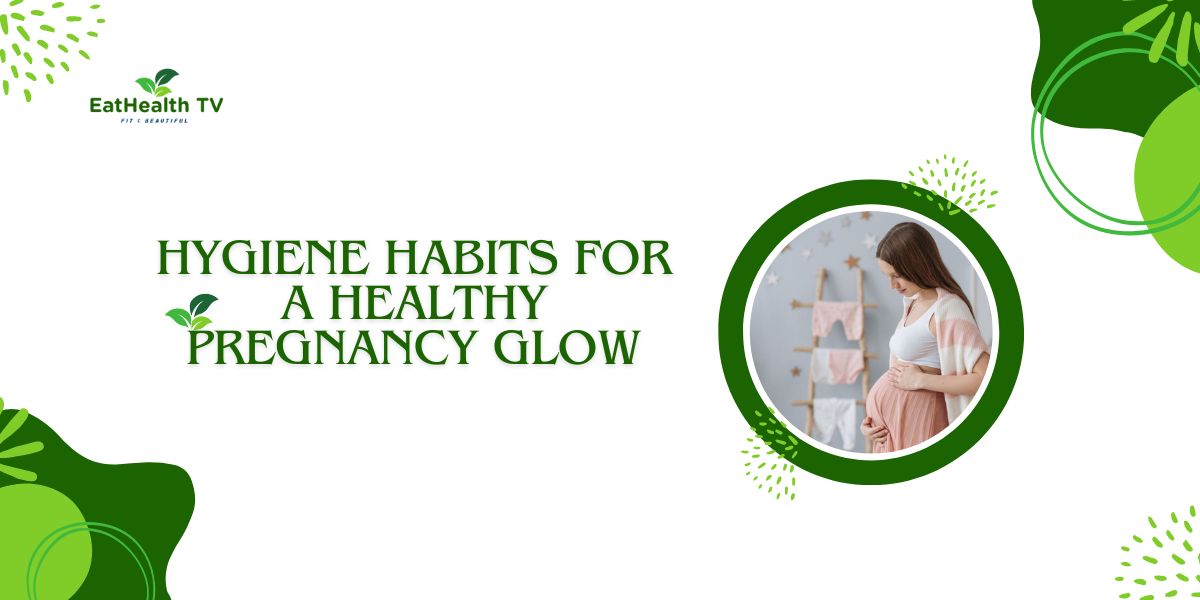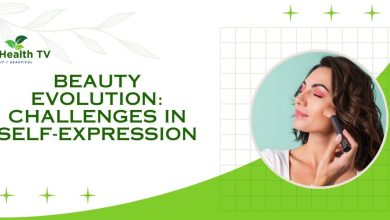Hygiene Habits for a Healthy Pregnancy Glow
Radiant and Resilient: Nurturing Hygiene Habits for a Healthy Pregnancy Glow

Hygiene Habits for a Healthy Pregnancy Glow
Pregnancy is a beautiful journey marked by profound changes in a woman’s body as she nurtures new life within her. Alongside the excitement and anticipation, maintaining good hygiene habits becomes essential to ensure the health and well-being of both the mother and the baby. In this comprehensive guide, we’ll explore hygiene practices that contribute to a healthy pregnancy glow, from personal care routines to environmental considerations, offering insights for expectant mothers at every stage of their journey.
Understanding Hygiene During Pregnancy
During pregnancy, a woman’s body undergoes numerous physiological changes, including hormonal fluctuations and increased blood circulation. These changes can affect the skin, hair, and overall hygiene, making it crucial for expectant mothers to pay extra attention to their personal care routines. Additionally, maintaining proper hygiene can help prevent infections and complications that may arise during pregnancy, safeguarding the health of both mother and baby. Just as we know Food Choices for a Healthy Pregnancy Journey
Key Hygiene Habits for Expectant Mothers
- Skin Care: Pregnancy hormones can lead to changes in the skin, including increased oil production, acne, and hyperpigmentation. To maintain healthy skin during pregnancy, it’s important to cleanse the skin gently with a mild, soap-free cleanser and moisturize regularly to prevent dryness and irritation. Additionally, using sunscreen with a high SPF can help protect against the risk of sunburn and skin damage.
- Oral Hygiene: Hormonal changes during pregnancy can increase the risk of gum disease and tooth decay. Expectant mothers should brush their teeth at least twice a day with fluoride toothpaste, floss daily to remove plaque and food particles, and visit the dentist for regular check-ups and cleanings. Maintaining good oral hygiene can help prevent dental problems and ensure the health of both mother and baby.
- Hydration: Staying hydrated is essential during pregnancy to support the body’s increased fluid needs and prevent dehydration. Pregnant women should aim to drink plenty of water throughout the day, ideally around 8-10 glasses, to help flush out toxins, maintain healthy skin, and support overall well-being.
- Nutrition: A balanced diet rich in essential nutrients is crucial for a healthy pregnancy. Eating a variety of fruits, vegetables, whole grains, lean proteins, and dairy products can provide the vitamins and minerals needed for fetal development and maternal health. Additionally, taking prenatal vitamins as recommended by a healthcare provider can help fill any nutritional gaps and support a healthy pregnancy.
- Personal Hygiene: Maintaining good personal hygiene habits is important for preventing infections and promoting overall health during pregnancy. This includes washing hands frequently with soap and water, especially before preparing or eating food, after using the bathroom, and after handling pets. Additionally, wearing clean, breathable clothing and changing sanitary pads or tampons regularly can help prevent vaginal infections and discomfort.
Environmental Considerations for a Healthy Pregnancy
In addition to personal hygiene habits, expectant mothers should also consider environmental factors that may impact their health and the health of their baby during pregnancy. These include:
- Avoiding Harmful Substances: Exposure to certain substances, such as tobacco smoke, alcohol, illicit drugs, and toxic chemicals, can pose serious risks to fetal development and pregnancy outcomes. Pregnant women should avoid smoking, drinking alcohol, and using recreational drugs, as well as minimize exposure to environmental toxins such as pesticides, solvents, and pollutants.
- Creating a Healthy Home Environment: Ensuring a clean and healthy home environment is essential for a healthy pregnancy. This includes maintaining good indoor air quality by ventilating the home regularly, using non-toxic cleaning products, and keeping living areas free from dust, mold, and other allergens. Additionally, pregnant women should avoid contact with potentially harmful substances such as lead-based paints and asbestos.
- Managing Stress: High levels of stress during pregnancy can have negative effects on maternal health and fetal development. Pregnant women should prioritize stress management techniques such as relaxation exercises, mindfulness meditation, and seeking support from loved ones or mental health professionals. Creating a calm and nurturing environment can promote emotional well-being and enhance the pregnancy experience.
Conclusion
Maintaining good hygiene habits is essential for promoting a healthy pregnancy glow and ensuring the well-being of both mother and baby. By prioritizing skin care, oral hygiene, hydration, nutrition, and personal hygiene, expectant mothers can support their bodies through the transformative journey of pregnancy. Additionally, paying attention to environmental factors and creating a healthy home environment can further contribute to a positive pregnancy experience. As every pregnancy is unique, it’s important for expectant mothers to consult with their healthcare providers for personalized guidance and support throughout their pregnancy journey.




